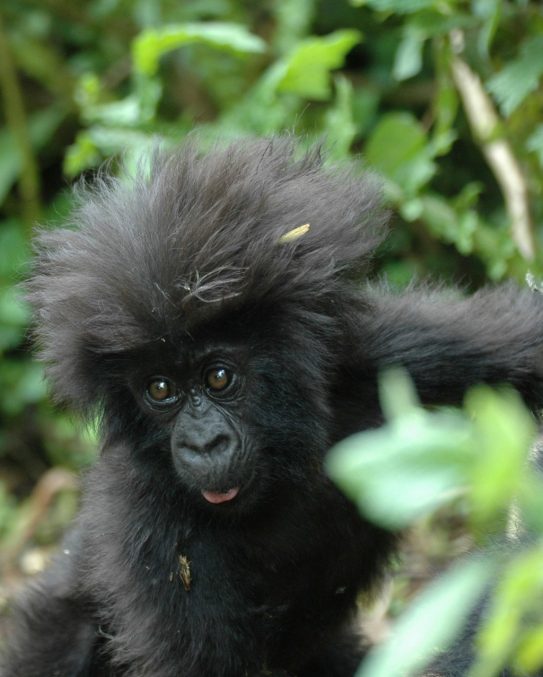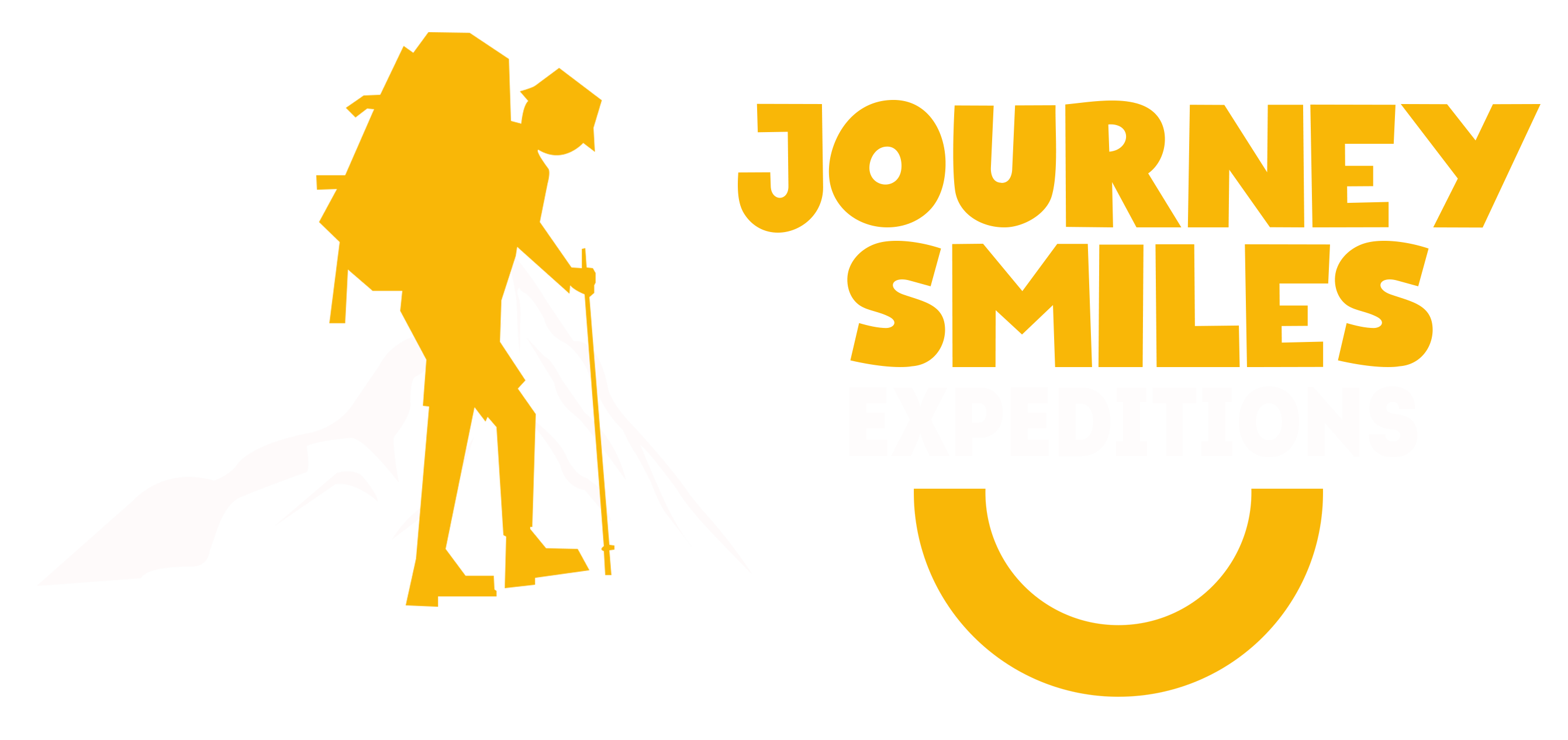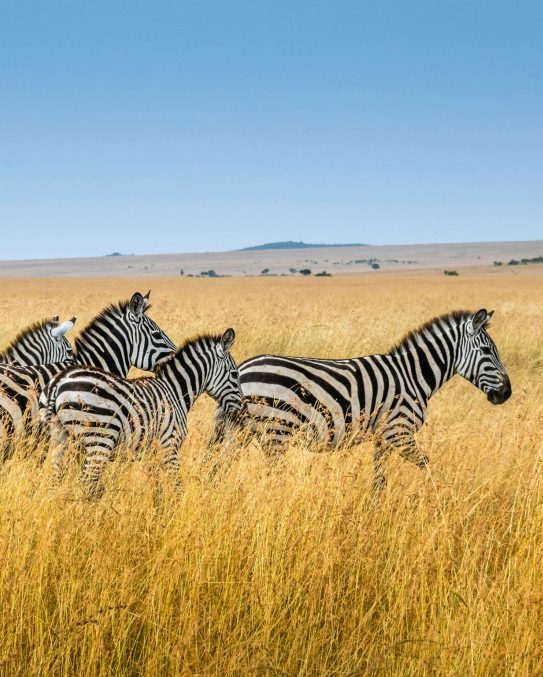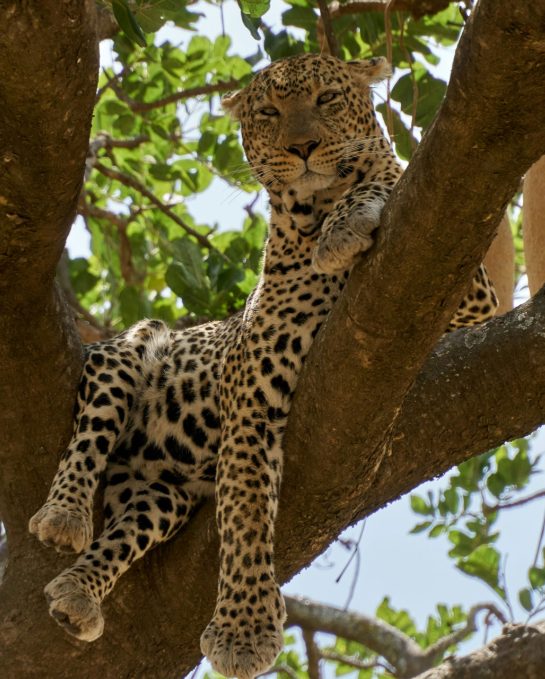Start planning your
Rwanda Travel Guide
Essential Travel Tips for Rwanda
Get up-to-date and expert travel advice for Rwanda before you go. From essential information on gorilla trekking to practical tips on money, climate, and what to pack, we’ve got you covered.
What to Pack for Rwanda
When preparing for gorilla trekking in Rwanda, it's important to pack the right gear. Here’s a checklist for your Rwanda safari:
- Clothing: Long, thick trousers and long-sleeved tops to protect against ants, stinging nettles, and vegetation. Wear gaiters or long socks over trousers.
- Footwear: Sturdy, comfortable hiking boots (make sure to break them in before your trip).
- Accessories: Light gloves for protection against nettles, a hat, raincoat, and a fleece for chilly mountain temperatures.
- Other Essentials: Sunscreen, insect repellent, and a daypack with extra clothes. Avoid wearing bright colors, black, or blue as they attract insects. Bring environmentally friendly bug spray and extra stationery or toys for village children.
Money & Currency in Rwanda
The Rwandan Franc is the official currency, but it’s best to bring US dollars (post-2003 bills) or euros in cash. Avoid traveler’s cheques, as they often get poor exchange rates. Most banking can be done in Kigali, and bureaus de change offer the best exchange rates.
- Credit Cards: Accepted in high-end restaurants and hotels in Kigali, but not widely available elsewhere.
Tipping in Rwanda
Tipping is not common in Rwanda, except in high-end restaurants where 10% is typical. While tipping is not mandatory during gorilla trekking, it’s appreciated, especially for porters, guides, trackers, and security personnel. Porters, often former poachers, rely on tourists for a living, so your tip supports their livelihoods and encourages conservation efforts.
Rwanda's Climate
Rwanda’s climate is mild, with average temperatures ranging from 12°C (54°F) to 27°C (81°F). The dry seasons, from June to September and late December to February, are ideal for gorilla trekking. The rainy seasons occur from March to April and October to mid-December.
Flights & Getting Around Rwanda
Flights to Rwanda are available via Kigali International Airport, with connections from Brussels, Nairobi, Entebbe, Lusaka, and Johannesburg. From Kigali, it’s a 2.5-hour drive to Volcanoes National Park, where gorilla trekking occurs.
- Getting Around: Rwanda is small, so most major destinations are within a 4-5 hour drive. You can also take a fun local scooter ride in Kigali. Helicopter flights are available to Nyungwe Forest National Park.
Visa & Passport Requirements
A passport valid for at least six months is required for all visitors. Citizens from the USA, UK, Canada, Germany, Sweden, Hong Kong, Kenya, and South Africa do not need a visa. Others can obtain a multiple-entry tourist visa, which is valid for 3 months and extendable in Kigali.
Gorilla Trekking Permits
To experience gorilla trekking in Rwanda, you must have a valid permit. Note that children under 15 are not permitted to participate.
Rwanda’s Landscape & Wildlife
Rwanda, often called the "Land of a Thousand Hills," is home to breathtaking landscapes, including volcanoes, mountains, lakes, and rivers. The Volcanoes National Park is famous for gorilla trekking and is home to half of the world's remaining mountain gorillas. Nyungwe Forest offers opportunities for chimpanzee tracking, while Akagera National Park is Rwanda’s only savannah reserve.
The country is also a birdwatching paradise, with around 670 species recorded.
History, Economy, and Culture
Rwanda, a small but densely populated country, has a fascinating history and vibrant culture. Agriculture dominates the economy, but tourism, especially gorilla trekking, has become a significant revenue generator. The country’s population is young, with over 40% under the age of 15.
Rwanda’s people are friendly, and the country is known for its safety and welcoming atmosphere. The main languages spoken are Kinyarwanda, French, and English, and the cultural scene revolves around music (especially drumming), dance, and a strong oral tradition of poetry and stories.
Visit other East Africa destinations

UGANDA
Gorilla trekking in Bwindi Impenetrable Forest, the "Pearl of Africa," offers a chance to see half of the world's mountain gorillas in their natural habitat



